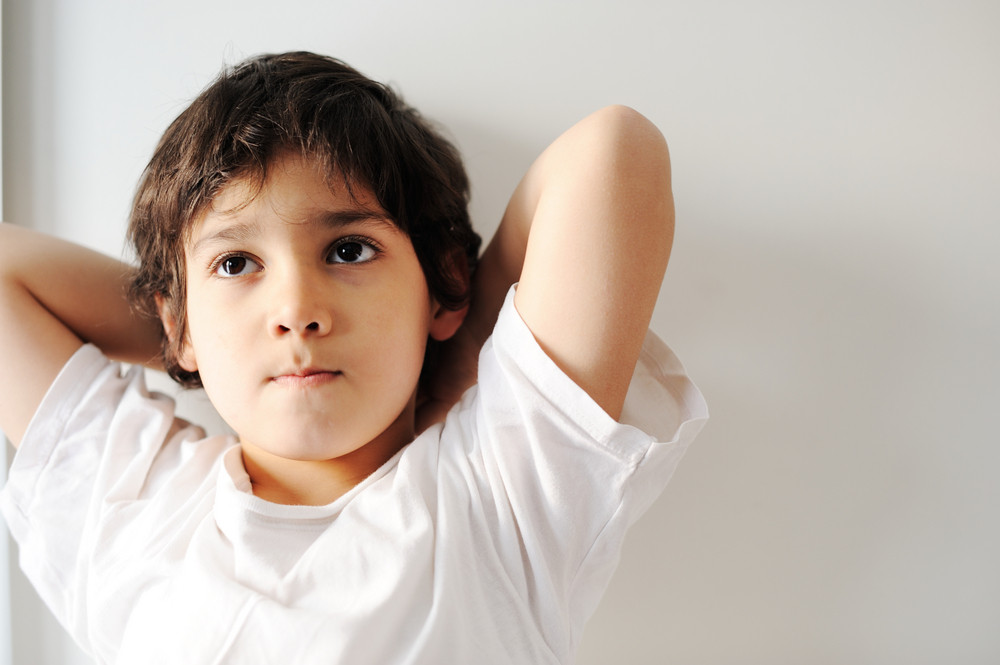Divorce can be one of the most challenging experiences a family goes through, and while it may bring relief for parents, it can be confusing and overwhelming for children. During this time, young people may struggle to understand the changes taking place in their lives and may feel uncertain about what the future holds. Supporting them with compassion and clear communication can make a significant difference. With the right approach, parents can help their children adjust and build resilience while maintaining a strong sense of security and love.
Creating Stability in a Time of Change
When parents separate, children often feel a loss of control over their world. Consistency and routine become more important than ever, as familiar structures provide comfort when everything else feels unsettled. Maintaining regular schedules for school, activities, and family time can help reduce anxiety and create a sense of normality. Parents can also work together to ensure their children feel secure in both households by showing cooperation and respect during handovers. In situations where emotions are difficult to manage, speaking with a counsellor may assist parents in developing strategies to communicate more effectively and reduce conflict, creating a calmer environment for their children.
Supporting Emotional Expression
Children process change differently depending on their age, personality, and coping style. Some may express their feelings openly, while others may withdraw or act out. Encouraging children to talk about their emotions without judgement can be a powerful way to help them feel heard and understood. Allowing them to ask questions and giving honest, age-appropriate answers also reassures them that their concerns are valid. If parents notice ongoing distress, behavioural changes, or difficulty adjusting, seeking guidance from a child psychologist can provide additional support. These professionals are trained to help children understand and manage their emotions, offering coping tools that promote resilience and healthy development.
Strengthening the Parent–Child Bond
Divorce can sometimes leave children feeling torn between two parents. It is essential to reassure them that they are not responsible for the separation and that they are loved unconditionally by both parents. Spending quality time with each child, showing interest in their activities, and maintaining open lines of communication all strengthen the parent–child relationship. Children benefit greatly from knowing they have a safe space to share their thoughts, whether that’s during a quiet walk, a car ride, or a relaxed meal at home. If children are reluctant to talk directly, creative outlets such as art, writing, or play can also help them express themselves. Guidance from a counsellor may further support parents in building stronger connections and creating positive interactions within the family.
Divorce brings significant changes, but with patience, empathy, and consistent support, children can adapt and even grow stronger through the experience. Creating stability, encouraging emotional expression, and nurturing parent–child relationships all play an important role in helping children cope with the transition. When challenges feel overwhelming, professional guidance from a qualified child psychologist or counsellor may provide valuable reassurance and strategies for the whole family. By placing children’s wellbeing at the centre of decision-making, parents can help them navigate divorce with confidence, resilience, and hope for the future.
